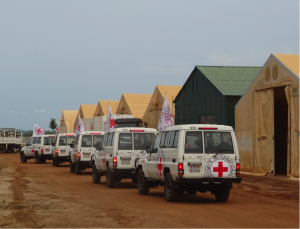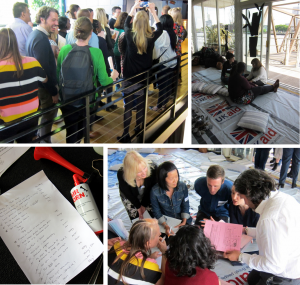 The challenge:
The challenge:
Today, more than 136 million people around the world live in areas experiencing humanitarian crises; millions of these people are unreachable by traditional humanitarian aid delivery (USAID). 30 of the biggest donors and aid organisations have recently signed ‘The Grand Bargain’ agreement to improve the effectiveness and efficiency of humanitarian action. Donors are looking for innovation and creative ways to improve the delivery of goods and services to alleviate the growing need. Continue reading
Bold ideas to improve the humanitarian supply chain
Web favorites
- Non Gamstop Casino
- Non Gamstop Casinos
- UK Sports Betting Sites Not On Gamstop
- Non Gamstop Casino
- UK Casinos Not On Gamstop
- UK Online Casinos Not On Gamstop
- Non Gamstop Casino
- Sites Not On Gamstop
- Non Gamstop Casino Sites UK
- Sites Not On Gamstop
- Betting Sites That Are Not On Gamstop
- Gambling Sites Not On Gamstop
- Gambling Sites Not On Gamstop
- Casinos Not On Gamstop
- Slots Not On Gamstop
- UK Casino Not On Gamstop
- Casinos Not On Gamstop
- Non Gamstop Casino UK
- Top UK Slot Sites
- Casino Not On Gamstop
- Casinos Not On Gamstop
- No Deposit Betting Sites Not On Gamstop


